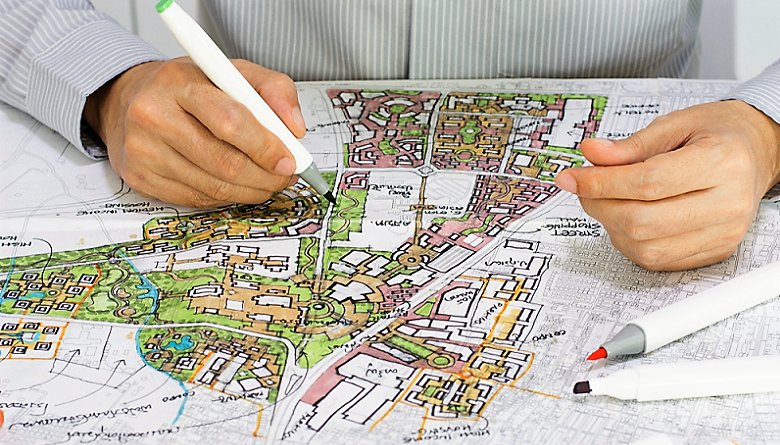Planning and Stopping Overdevelopment
- The community must be involved in planning decisions.
- Councils must take every opportunity to ensure communities are genuinely heard when determining priorities for land use and development controls.
- Councils must ensure new or expanded public transport options can be accommodated with any substantial new development, and the inclusion of increased parking spaces should be kept minimal to encourage the use of active and public transport.
- Advocate for reform to planning law at higher levels of government, like inclusionary zoning.
- Councils must assist their communities to stamp out dodgy practice rather than encourage it through ambivalence and inaction.
- Stop overdevelopment where possible.
- Councils must ensure local residents are encouraged and empowered to make contributions to planning proposals, development applications and strategic plans – engagement with local community must be proactive and genuine, and it is incumbent upon councils to go above and beyond minimum requirements that have been designed and implemented by developer-friendly governments
- Development Control Plans need to establish clear rules about this and councils must push back against governments who give power to developers over sustainable communities and the natural environment.
- Councils must acknowledge that all new development comes with climate change impacts and must require property owners and developers to address these impacts when submitting planning proposals or development applications.
- Councils must encourage new buildings to become carbon positive as quickly as possible through minimising carbon footprints and maximising renewable energy generation at the micro level.
- Local Development Control Plans must require new development to apply the highest building sustainability index (BASIX) and green star ratings so that passive cooling and heating, minimal water consumption and local renewable energy generation become standard in all new residential and commercial development.
Protecting Heritage
1. Our local heritage should be protected and celebrated. Council must take a strong position against removing sites from heritage protection or altering conservation zones to facilitate new developments. Sites that are culturally significant to First Nations peoples must be protected at all costs.
2. Councils must undertake rigorous and continuous research into the history and heritage of local sites that are of interest for their built form, natural, cultural or social significance.
3. Councils must be proactive in identifying buildings, sites and precincts that are of significance and put them forward for inclusion on the state heritage register.

